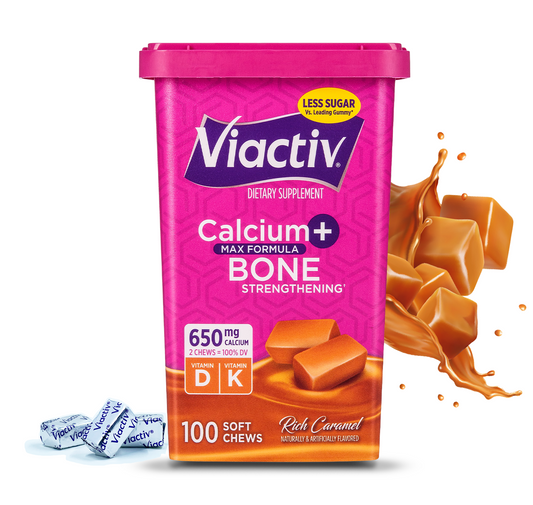Key Takeaways:
- Magnesium’s Crucial Role
- 5 Benefits of Magnesium that May Surprise You.
- Foods Rich in Magnesium
Magnesium is an essential mineral that plays a crucial role in over 300 enzymatic reactions within the body, impacting various functions such as energy production, muscle and nerve function, bone health, and heart health. Despite its importance, many people do not consume an adequate amount of magnesium in their daily diets. This deficiency can be attributed to several factors, including poor dietary choices, soil depletion of magnesium levels, and certain conditions that may affect nutrient absorption.
Supplementing with magnesium can provide numerous benefits that make it a valuable addition to your daily routine. Listed below are 5 compelling reasons to consider magnesium supplementation.
1. Promotes Heart Health: Magnesium is involved in maintaining a healthy heart rhythm and supporting overall cardiovascular function. It helps relax blood vessels, which can help maintain healthy blood pressure. It is also important to note that magnesium contributes to the regulation of vascular tone and platelet-activated coagulation (clotting).

2. Supports Sleep: Magnesium is known to help regulate neurotransmitters involved in sleep and relaxation. Normal neurological function and release of neurotransmitters required for sleep are all magnesium dependent, making it a popular choice for those struggling with insomnia or poor sleep patterns. Additionally, magnesium has been linked to reducing occasional stress and anxiety levels, as it helps to regulate the body's stress response and promote a sense of calmness.
3. Supports Bone Health: While calcium is the most abundant mineral in the body and is known for its role in building and maintaining bone density, magnesium is vital for maintaining strong and healthy bones as well. It aids in the absorption of calcium and plays a role in converting Vitamin D into its active form that is necessary for calcium absorption and is essential for bone mineralization and bone density.
4. Relieves Muscle Cramps: Magnesium plays a key role in muscle function and relaxation, and low levels of magnesium have been associated with an increased risk of muscle cramps. By ensuring an adequate intake of magnesium, you may experience a reduction in the frequency and severity of muscle cramps, allowing for improved physical performance and overall comfort. Supplementing with magnesium can help prevent and alleviate muscle cramps, especially for athletes and individuals prone to muscle spasms.

5. Supports Energy Production: Magnesium plays a crucial role in energy production within the body by participating in over 300 enzymatic reactions, including those involved in the synthesis of adenosine triphosphate (ATP), the primary energy currency of cells. There are essentially two reasons ATP is so important: First, it's the only chemical in the body that can be directly used as energy. Secondly, other forms of chemical energy need to be converted into ATP before they can be used. Additionally, Magnesium is involved in the metabolism of carbohydrates and fats, further contributing to energy production. Adequate magnesium levels are essential for optimal energy metabolism.
Overall, incorporating magnesium supplementation into your daily routine can offer a range of health benefits that support your overall well-being and vitality.
From supporting bone and heart health, healthy sleep, energy production and promoting muscle performance. Consider incorporating magnesium-rich foods like leafy greens, nuts, seeds, and whole grains into your diet, or talk to your healthcare provider about adding a magnesium supplement to ensure you meet your daily requirements.
Last Updated On: April 11, 2024
First Published On: April 11, 2024





